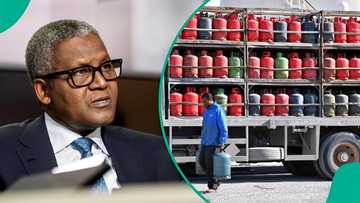
Fuel Scarcity In Nigeria
Nigeria, Africa's largest oil producer, continues to grapple with recurring fuel shortages. Despite being a major crude exporter, the country frequently faces long queues at petrol stations, elevated fuel prices, and disruptions in transportation and daily activities.
Causes of the Crisis
Several factors contribute to Nigeria's fuel scarcity:
- Inadequate Refining Capacity: The nation's refineries operate below capacity due to years of underinvestment and mismanagement, leading to a reliance on imported refined products.
- Pipeline Vandalism: Frequent attacks on oil pipelines disrupt the supply chain, causing delays and shortages.
- Financial Strains: The Nigerian National Petroleum Corporation (NNPC) has faced financial challenges, including debts to fuel marketers, affecting its ability to import and distribute fuel efficiently.
Impact on the Economy
The ongoing fuel scarcity has significant economic repercussions:
- Inflation: The removal of fuel subsidies in 2023 led to a sharp increase in fuel prices, contributing to a 30-year high in inflation rates.
- Cost of Living: Transportation costs have surged, impacting the prices of goods and services, thereby straining household budgets.
- Economic Growth: The persistent energy crisis hampers industrial productivity and investor confidence, affecting overall economic growth.
Government Response
In an effort to address the crisis, the Nigerian government has initiated several measures:
- Refinery Rehabilitation: Efforts are underway to revamp existing refineries to increase domestic fuel production.
- Strategic Reserves: Plans are in place to establish a national strategic petroleum products stockpile to mitigate future supply disruptions.
- Policy Adjustments: The government is exploring policy reforms to attract private investment and improve the efficiency of the oil sector.
Conclusion
The fuel scarcity in Nigeria is a multifaceted issue requiring comprehensive reforms.
While the government has taken steps to address the challenges, sustained efforts in infrastructure development, policy implementation, and stakeholder collaboration are essential to ensure a stable and affordable fuel supply for the nation.















